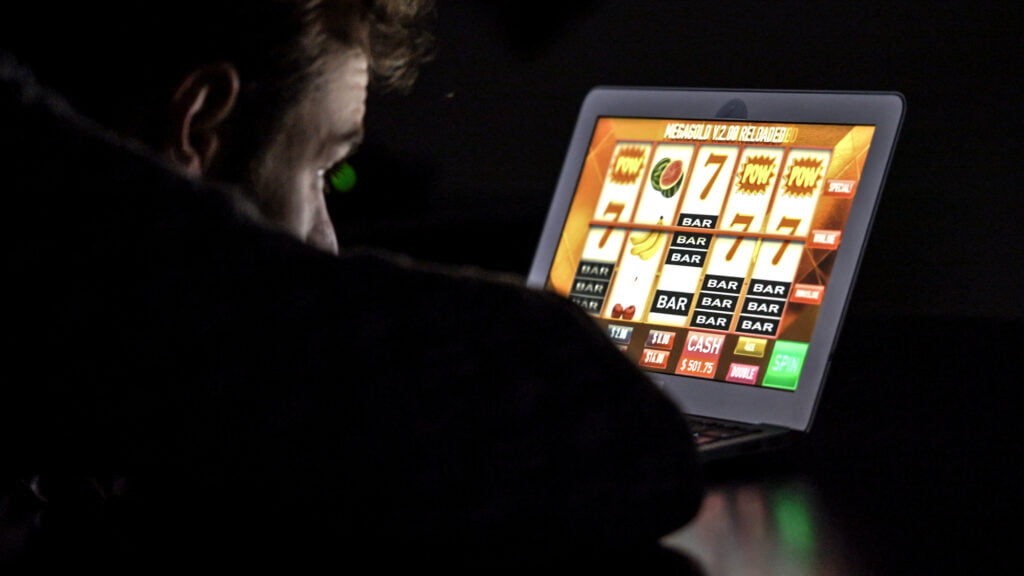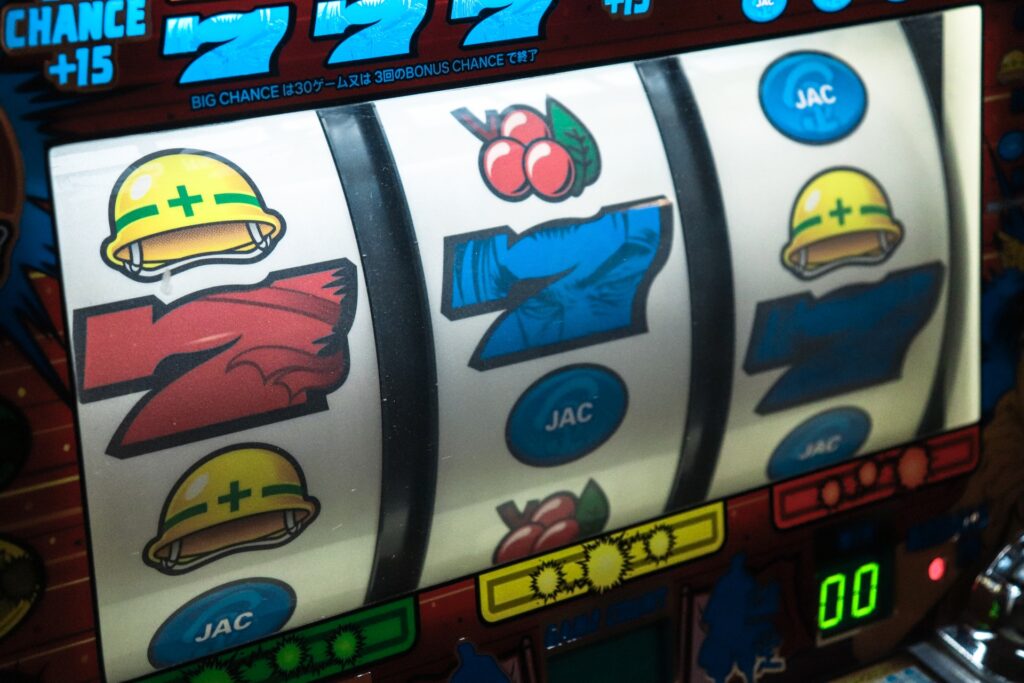A gambling company in Britain was hit with a record £19.2 million ($24 million) fine last month for ‘social responsibility failures’.
William Hill had allowed one customer to open a new account and spend £23,000 (nearly $29,000) in just 20 minutes. Another spent £18,000 ($22,556) in 24 hours, a third gambled away £32,500 ($40,727) in two days.

Betting websites are increasingly taking measures to prevent players from developing a gambling addiction.
And Israeli company Optimove is helping. It normally gathers customer data to create targeted online ads, but as a service to gambling companies it has trained its AI to flag the online players who are most at risk.
It analyzes the behavior patterns characteristic of gambling addicts, which include the hours of the day and night when they place bets, the time they spend on the betting site, and how much they keep on playing to ‘chase their losses’.

Optimove rates each user according to their degree of risk on a scale of one to 10, regardless of the game they play – from online slots, to blackjack and roulette.
Clients can then use this information to message players encouraging them to take a break, reduce their bet, or get help.
In some cases, the betting sites may reduce the number of times a customer is allowed to make a deposit in a week, reduce the amount of money they can deposit, or even bar them from playing games that let them place multiple bets in a short period of time.

“This layer of intelligence that we build helps marketers to determine who they should be targeting in various ways,” says Motti Colman, Senior Director of Sales at Optimove.
“In the world of online gambling, there’s an enormous amount of customer data that’s generated, because in every individual session, customers make so many interactions with the platform itself.”
Even in a single session, he says, a customer generates a wealth of information, from the time they spend on specific games, to the amount of money they deposit, withdraw, win or lose.
Sign up for our free weekly newsletter
Subscribe
“The ability for Optimove to make deeper layers of insight on the volume of data that existed is much more telling. So the work that we do lends itself very nicely to the world of online gambling.”
After understanding each customer’s behavior patterns on these websites, Optimove’s AI uses predictive analytics to determine the best ways marketing teams can target their players.
It runs a series of tests to better understand which particular campaign will be more effective on each group of customers – from push notifications on their phone, to limitations on bets placed per day.
And the longer the customer uses websites that are analyzed by Optimove’s AI, spending money and picking specific games, the more accurately they will fall into one of the customer segments that the AI has designated.

“Optimove is the brain that sits behind the delivery system that determines who should get what,” explains Colman.
That said, it’s impossible to ascertain how effective a solution like this can be, or how many people it has helped, he says.
“There is no clear definition of what a problem gambler is. There is a gray space between responsible and problem gambling, where you’re not sure who may have an addiction.
“The same is true from the way that we built our model. No predictive model can tell you with 100 percent certainty that these attributes are indicative of a problem gambler.”
The AI was trained through analysis and learning of historical information and data of gambling addictions. It is already being used by major gaming companies, including BetMGM, Penn National Gaming, and Rush Street Interactive.
Related posts

Editors’ & Readers’ Choice: 10 Favorite NoCamels Articles

Forward Facing: What Does The Future Hold For Israeli High-Tech?

Impact Innovation: Israeli Startups That Could Shape Our Future




Facebook comments